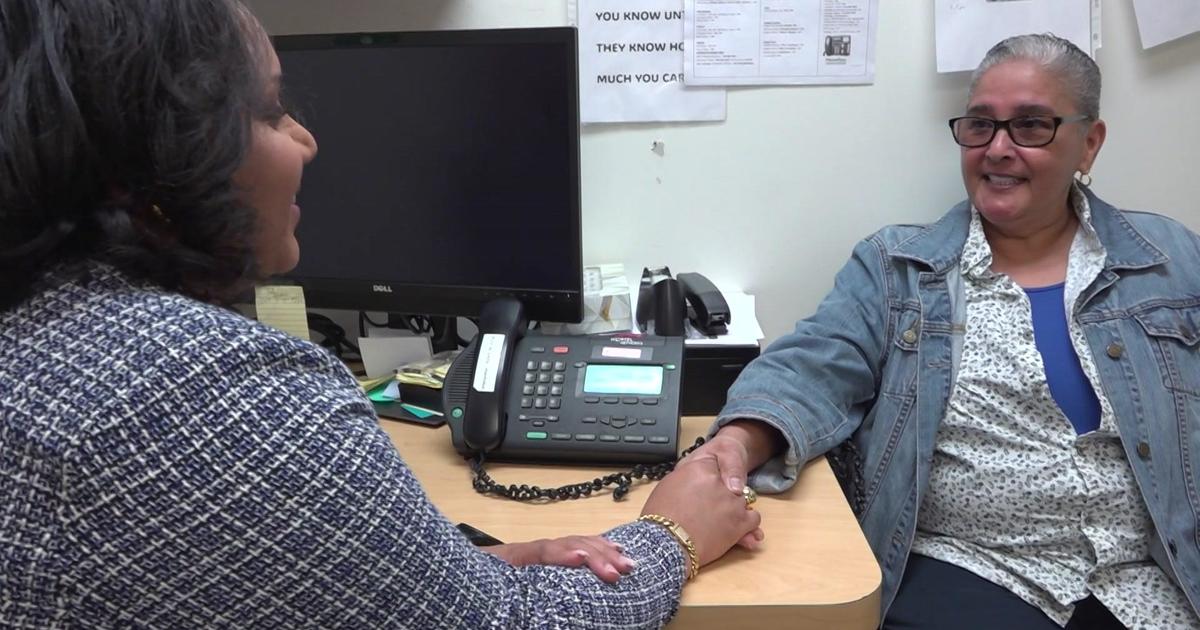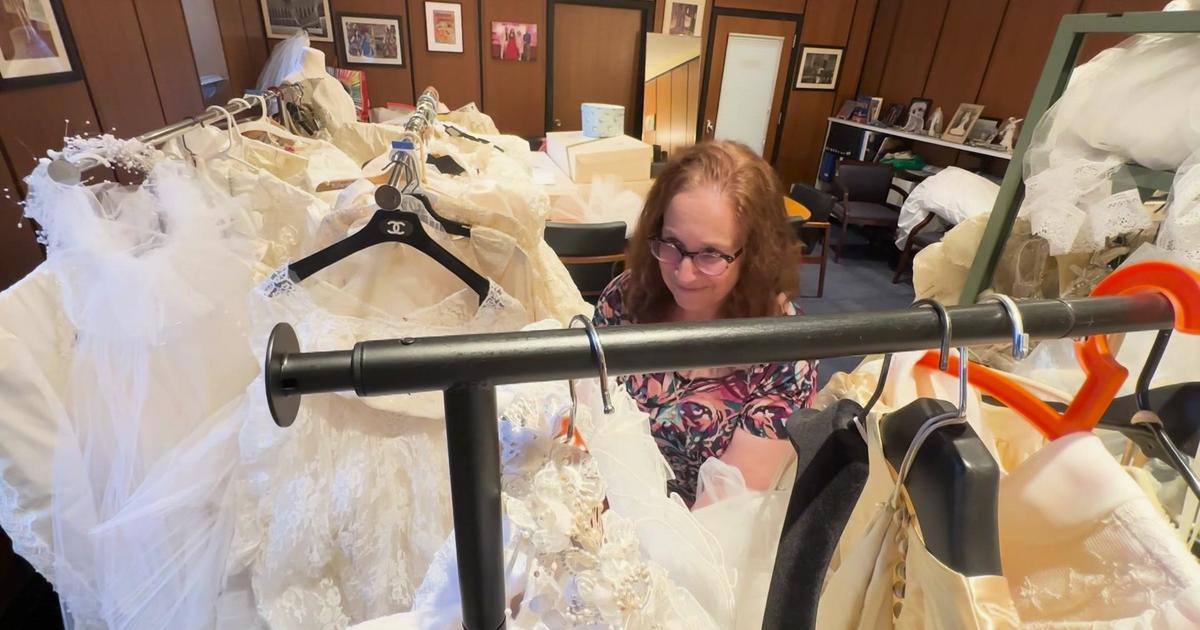Snapshot: Community Gardens Fund Themselves With Hot Sauce
NEW YORK (CBSNewYork) -- Peddling to work is something to savor, especially if you live in a food desert and your destination is an oasis.
"I live on Beach 32nd Street, so from here to the farm is just completely different," said Dekendra Dazzell, a member of the Rockaway Youth Task Force, which manages a community garden. "I see a lot of unhealthy food areas so when I actually come to the farm it kind of inspires me to just do more for the community."
"Giving back to the community has always been a passion of mine," Dazzell told CBS2's Steve Overmyer. "Not only because I live in the community but also seeing the individuals benefit from the changes I've made."
The garden maintains financial stability party due to a premium hot sauce grown between the buildings and bodegas in The Rockaways.
"Far Rockaway is primarily sand, so if you dig deep enough you're going to get to sand and rock," Dazzell said. "The raised beds was one for us to grow healthy crops."
Peppers have become such a cash crop that 22 new community gardens in New York City have signed on this year.
A company known as Small Axe Peppers donates the jalapeño seedlings to more than 40 community gardens from the Bronx to Queens.
"We wanted to find a way to empower community groups and community gardens to continue doing what they do on a daily basis," said Dan Fitzgerald of Small Axe Peppers.
The Rockaway gardens will create about 1,000 pounds of peppers this year. The company buys them back at a premium price and creates a sauce specific to the community.
"For us, that just seems like it makes sense economically and also culinary," said Fitzgerald. "The peppers they grow here are more delicious than the peppers you can buy."
"Why do you think that is?" Overmyer asked.
"I think it's just the care and also kind of the innovative methods that urban farmers are forced to undertake because of the small plot nature of their farming," he said.
Coaxing boxes of soil to produce quality veggies in an urban setting requires real skill.
"I till the soil to make sure it nice and loose so that the plants can breathe and it's nice and fresh."
This urban farm is helping the community economically, ecologically and socially.
"Just being in this space every day I see so many people come by, they're so impacted by the space," Dazzell says. "Little kids come here every time to learn about the chickens, see what produce we're growing. It's kind of like a little family now. We come support each other."
It takes about three months to grow the peppers, but only three days to go from the soil to a bottle. For the current batch, harvest is still a few weeks away.
And what's produced from this crop is a hot sauce that won't make you sweat.
"I go pretty liberally with it," said Fitzgerald. "It's not the spiciest hot sauce we make, but it's certainly the most flavorful."
The longer you let it sit in your mouth the more you can identify.
"One of the things that's so interesting about it is that each ingredient comes from a different borough," said Fitzgerald. "We're sitting and eating this hot sauce in a garden where these peppers were grown, so it doesn't get any more local than that. It's a diversity of flavors that comes together in one place that really makes New York unique. Just like this hot sauce."
The economic model of working with community gardens in New York has been so successful, they've tapped into a vibrant network of community farms. They're now working with gardens from across the country.



